
Pegah Kargar: Repainting history and creating an eco-system of change
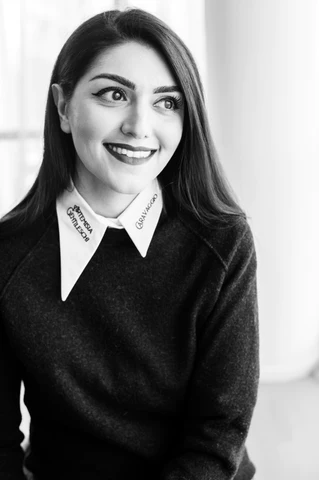

👁 36 Views
The world of art owes a lot to the female artists. Mary Cassatt, Georgia O’Keeffe, Artemisia Gentileschi, Louise Bourgeois; all of these artists were trailblazers. But how many people are familiar with their names? Names like Michelangelo, Leonardo da Vinci, Pablo Picasso, and Vincent Van Gogh have dominated the art world since forever, but very few of us know of the contributions by women artists that were made throughout the history.
This week, we talk about Pegah Kargar who became a woman in arts because of her sheer determination and passion to bring change.
Who is Pegah Kargar?
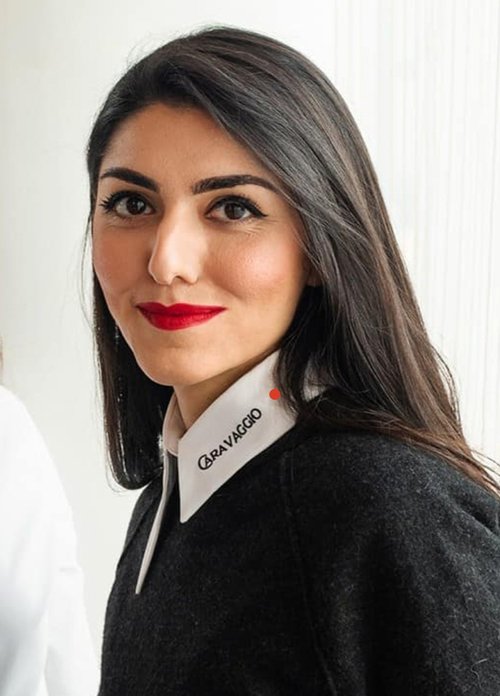
Pegah Kargar is an Iranian/Canadian social entrepreneur who founded Repaint History in 2018. Proficient in languages like English, Farsi, French, and a little bit of Spanish, Kargar comes from a world of finance. She was in the financial industry for more than a decade when she decided to shift gears and enter the world of art. Since then, Kargar has been an advocate for female and non-binary artists and has raised her voice for their right to equal representation.
For Kargar, it is important that female artists are given due credit for their work, whether they are from the past or the present. She has also partnered with 8 other organizations and launched the Fair Art 2030 initiative for galleries and museums. The project aims to address race representation and gender equality by 2030.
Understanding the gender gap
As typical as it may sound, Kargar came up with the idea of her business as a result of something as simple as reading. She began to ruminate on the existence of gender gap in art industry when one day, while reading a book, she realized that she couldn’t name any female artists except Frida. Kargar did some digging and started by reading about the female artists in the past as well as the contemporary ones. After some research, it became clear that it was not just her, but a universal reality. While women artists had endless contributions to the art world and were well-known at the time, after their death, their names were pretty much erased or buried from the art history. To Kargar’s horror, statistics showed that only 60% of the female artwork is sold as compared to male artwork, which is even larger than wage gap
It was in this moment that Kargar knew what she had to do. She was aware that she was not a woman in arts andwas not familiar with the intricacies of the art world or art itself. But that did not stop her from getting into a business that was centered around female artists.
“You don’t have to be in the art world to understand inequality”
Pegah Kargar
At first, Kargar thought of designing an app to bring awareness, but then she decided to do something that’s less intrusive and can be a conversation starter. The one thing that came to her mind was clothes! You can be a walking billboard by wearing something, she says. She started with her own self, and wore her collared T-shirt to work where everyone would stop to ask her about it. That was enough for Kargar, as she knew that this could be turned into a viable business. Thus, a small decision such as that ultimately paved way for Repaint History, which believes in leveraging fashion to address the gender gap in the art world.

Repaint History

Repaint History focuses on awareness and action and supports past and contemporary female artists. By spreading awareness on the gender gap and directly supporting female and non-binary artists, Repaint History hopes to empower women and girls. So far, Repaint History has raised more than $37,000 in museum donations, artist funding, and more.
With a community of over 20,000 women and non-binary artists, Repaint History has hosted many workshops, mentorship sessions and international female led exhibitions. Moreover, it also sends bi-weekly resources, calls, and news to its subscribed community. Through its funding, Repaint History helps artists purchase art materials to continue their work, cover their studio rent, engage investors, start new projects, and cover shipping costs. You can also support Repaint History in their journey by going to their official website.
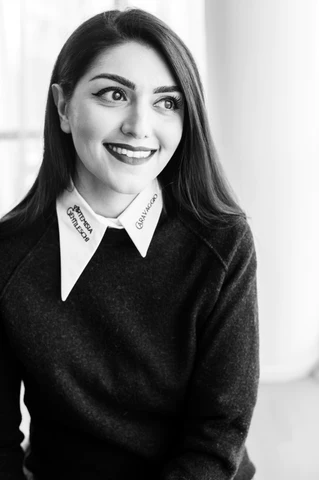
Merger between Repaint History and ArtGirlRising
Recently, in 2022, Repaint History merged with ArtGirlRising after Pegah Kargar and Liezel Strauss connected online. Seeing as both of them had the same passion of supporting female artists, they began to collaborate on gender activism projects to have a greater impact.
“It started with an online friendship and a shared frustration while continents apart”
Repaint History
Repaint History is now a family of four change making brands that are working for a more inclusive art world. Together, with ArtGirlRising, Where Are The Women Artists, Weekly Rise, and Fair Art Pledge, the platform offers awareness merchandise, directory for women artists, and weekly newsletters. Additionally, Repaint History’s partners and supporters include National Gallery of Australia, BMW Culture, Philadelphia Museum of Art, Black Women in Visual Art, Baltimore Museum of Art and many more.
Running a for-profit business while staying true to her values
In our society, activism is often associated with a business that is non-profit. People automatically assume that if someone is working for a social cause, they must be running on funding alone. What I found interesting about Kargar is that she knows that in order to bring her vision to reality, she must have a business that is self-sustaining. A business that depends on outside funding cannot stand on its feet, and for her dream to come true, she must be self-sufficient to ensure that the work continues.
An advantage of this strategy is that Kargar does not have to compromise on her values. While she does need to partner up with organizations, she also has the advantage to make the call when someone’s mission does not align with hers, and that is when she puts her foot down. She calls it the long term advantage.
The Repaint History official website states that their partners should:
Be committed to gender equality
Repaint History
Believe and practice fair compensation
Only use ethically produced items
Avoid single use plastic
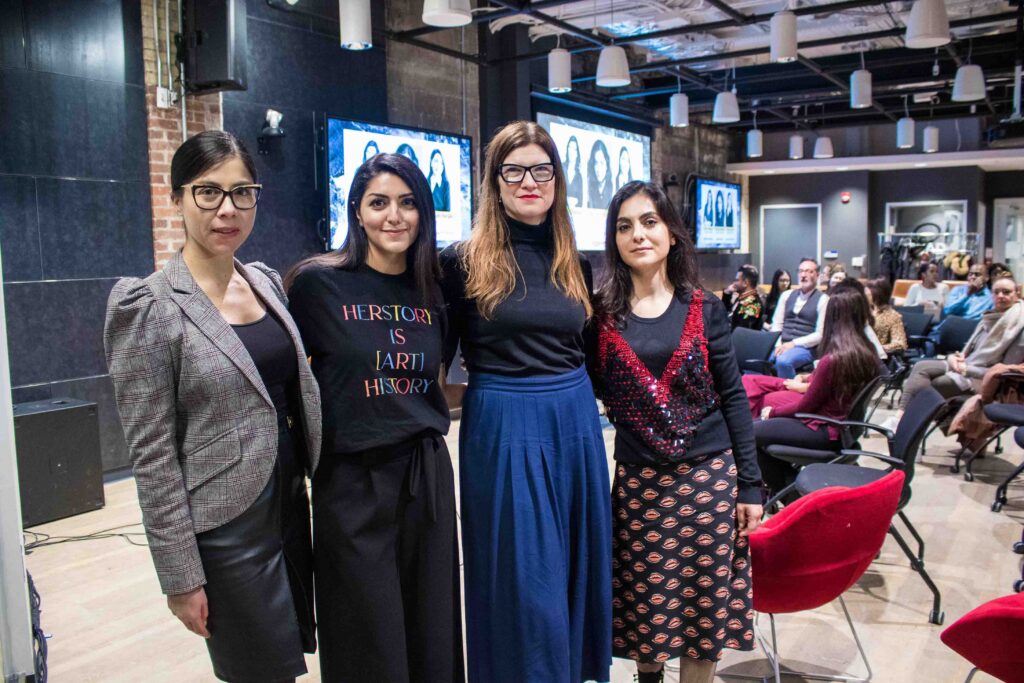
While talking about her strategy for making decisions, Kargar is clear about who to include in her team. For her business, the Repaint History team makes the decisions internally and then brings their ideas and questions to their advisors. Another rule that Kargar abides by is that she hires people who believe in her mission as well, so that the integrity of the business stays intact.
Being the founder of a for-profit social enterprise, Kargar is an inspiration to every female artist or entrepreneur out there. What we can learn from Kargar’s conviction is that activism does not need to bleed you dry. You can raise voice for what you believe in, while having a sustainable income without any shame. And this is also what I want you to take away from today’s piece, to know that it’s possible to stand up for something that you believe in and build a successful business out of it!

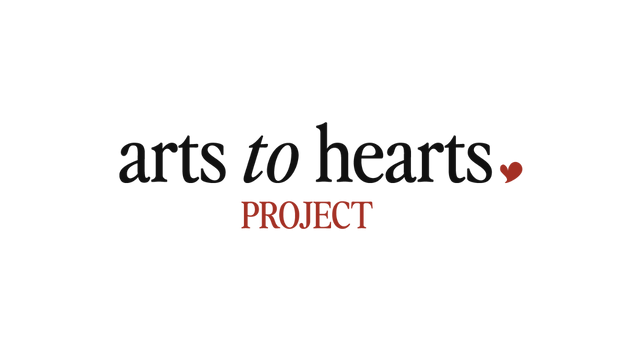
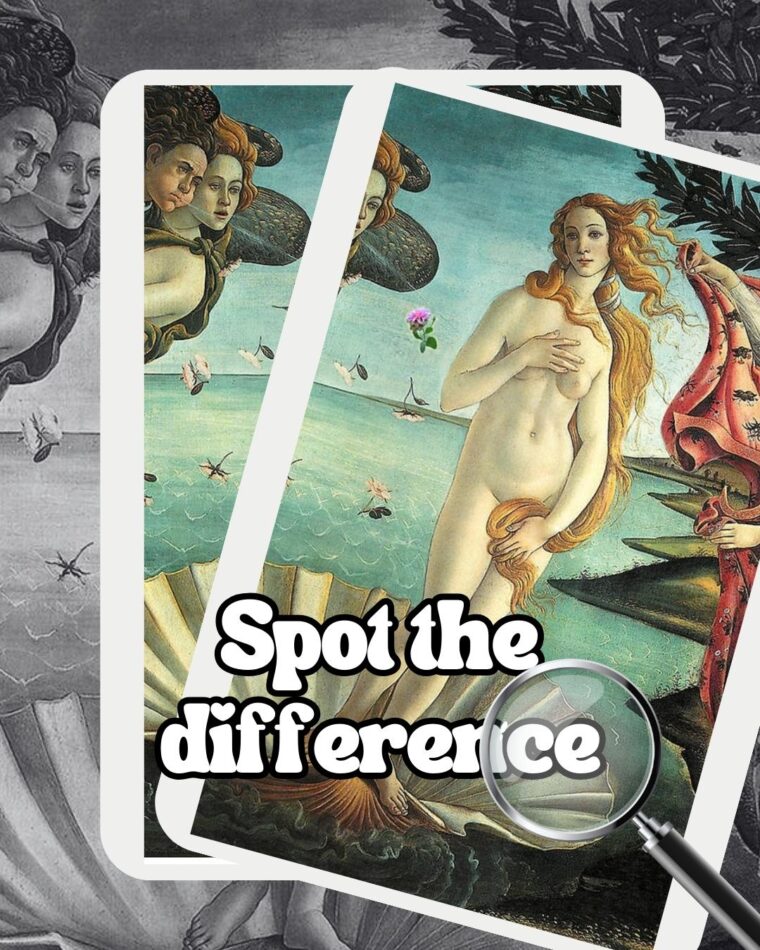

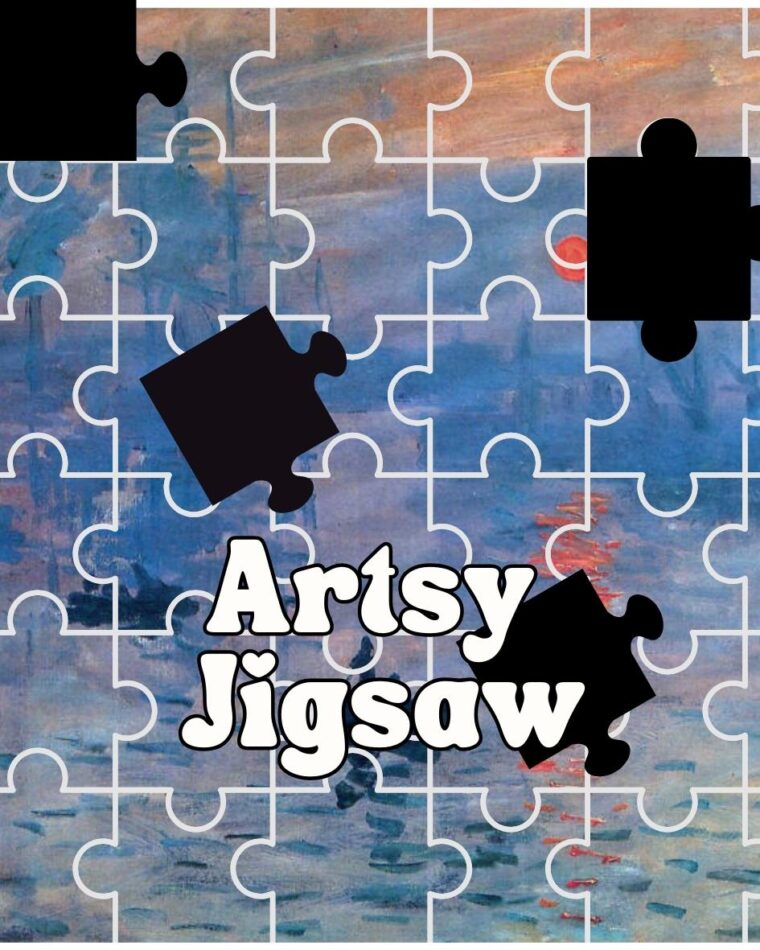
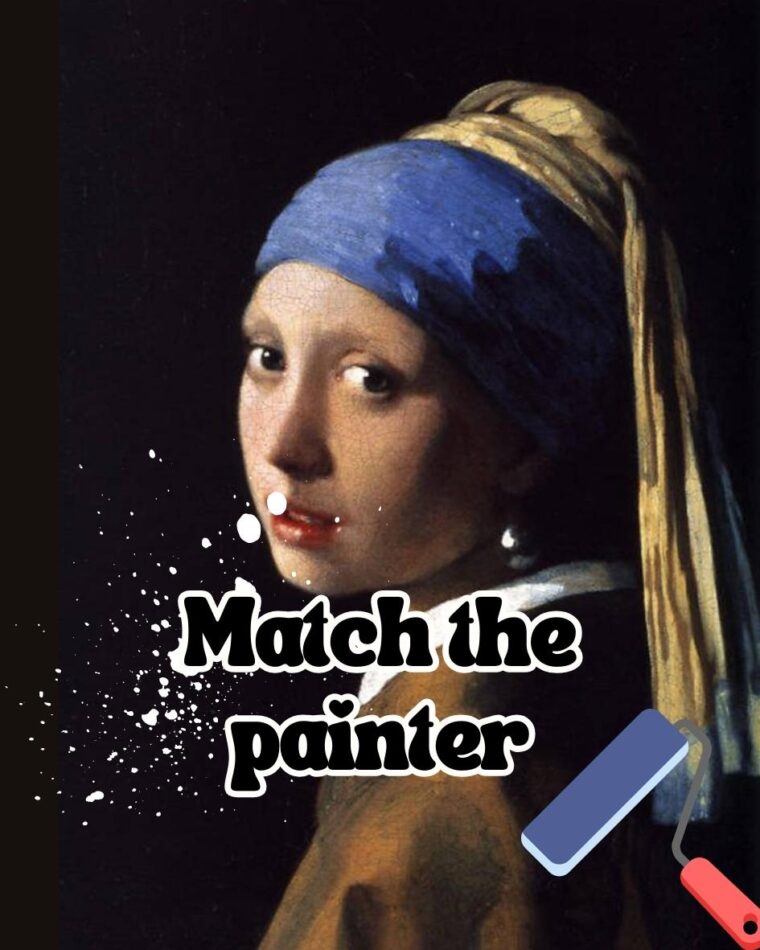




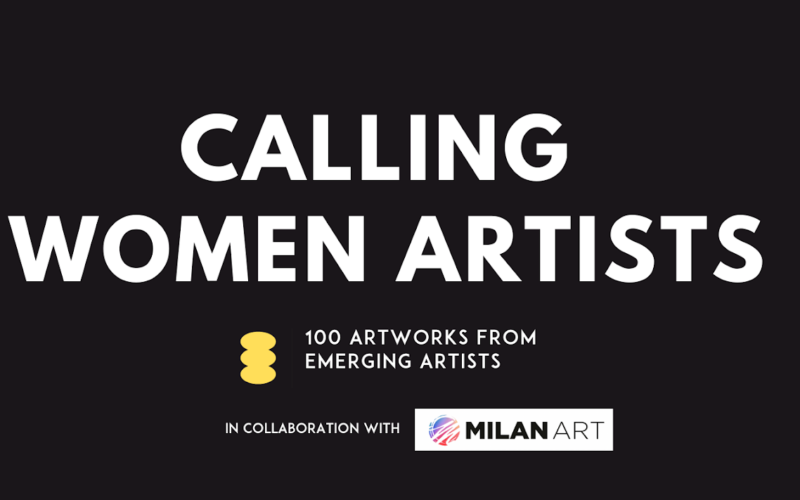
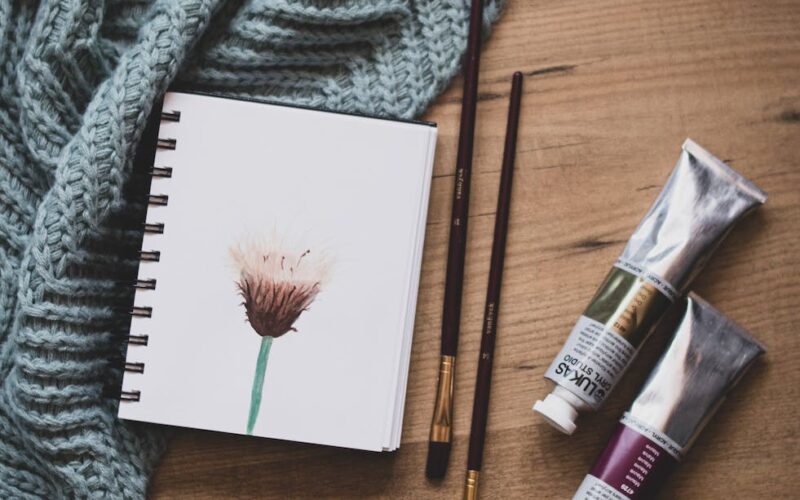
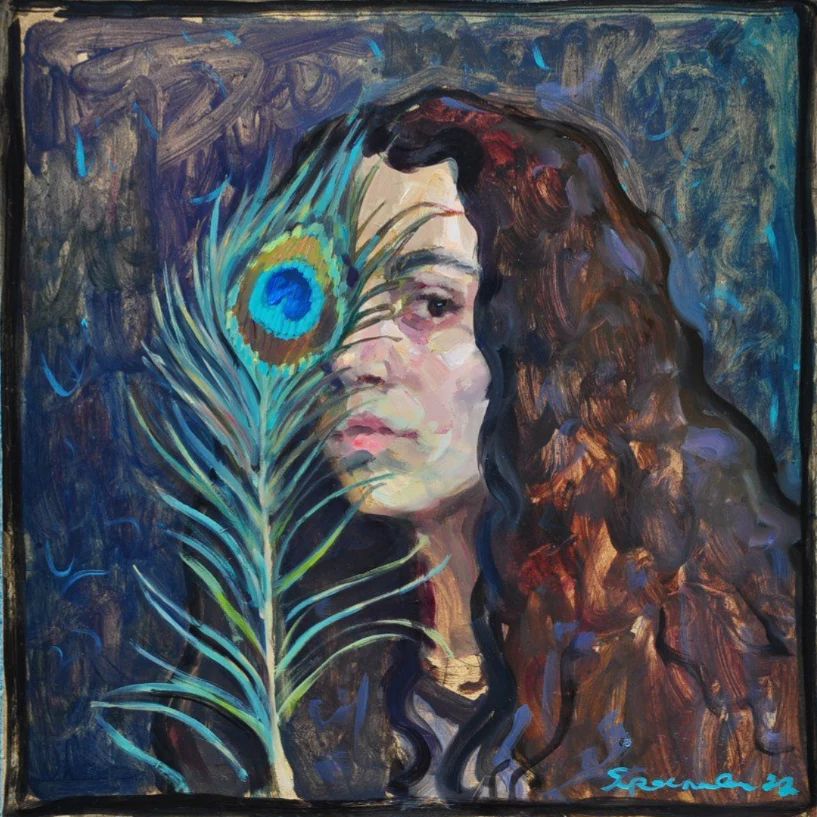

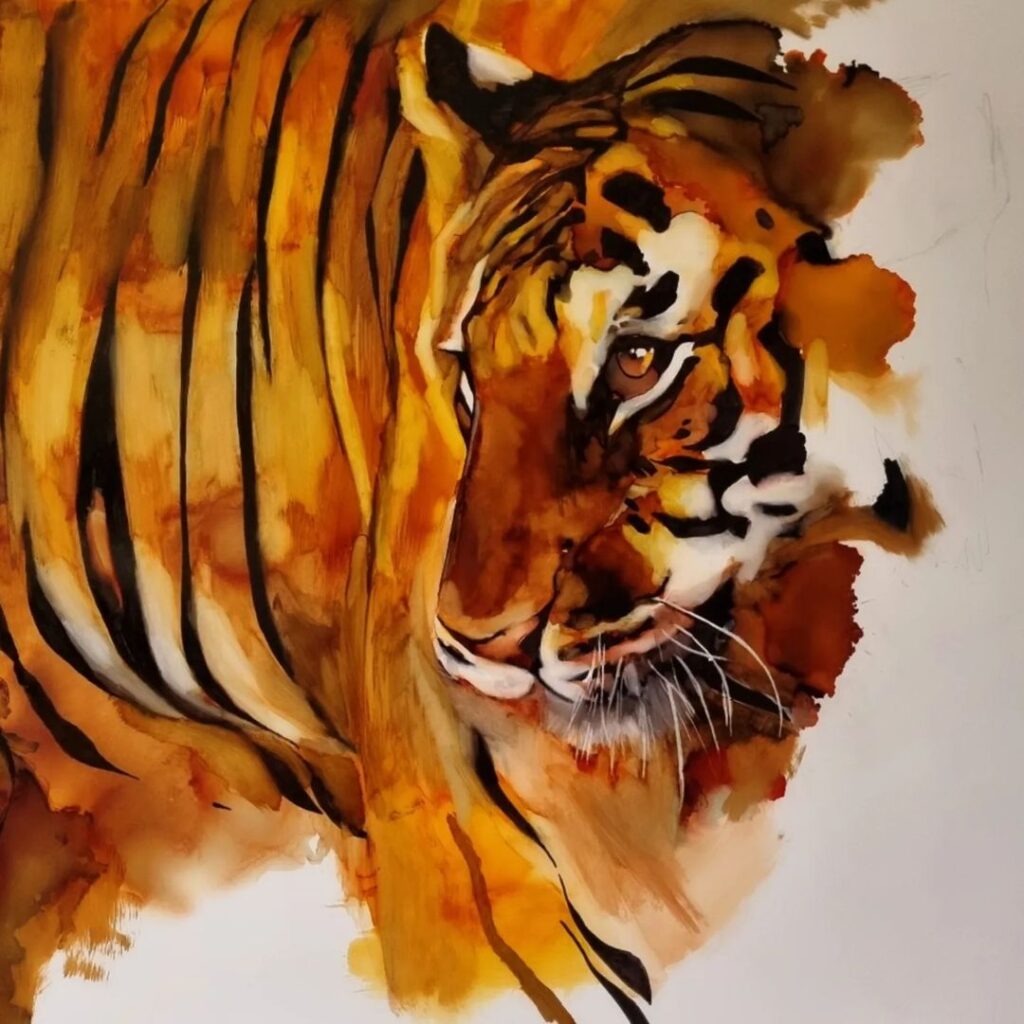

Comments 24